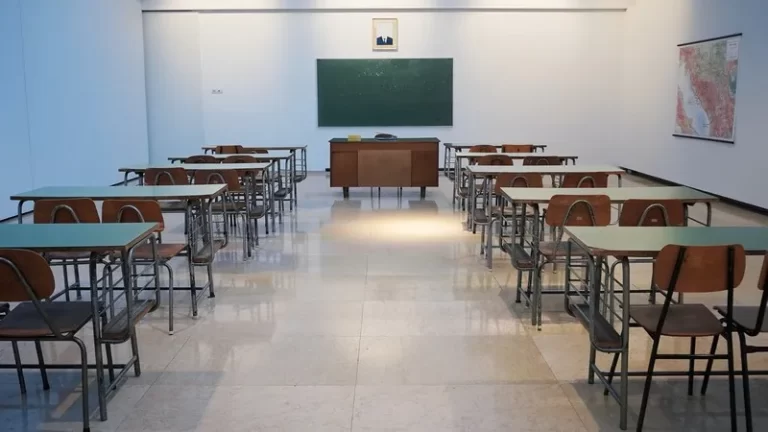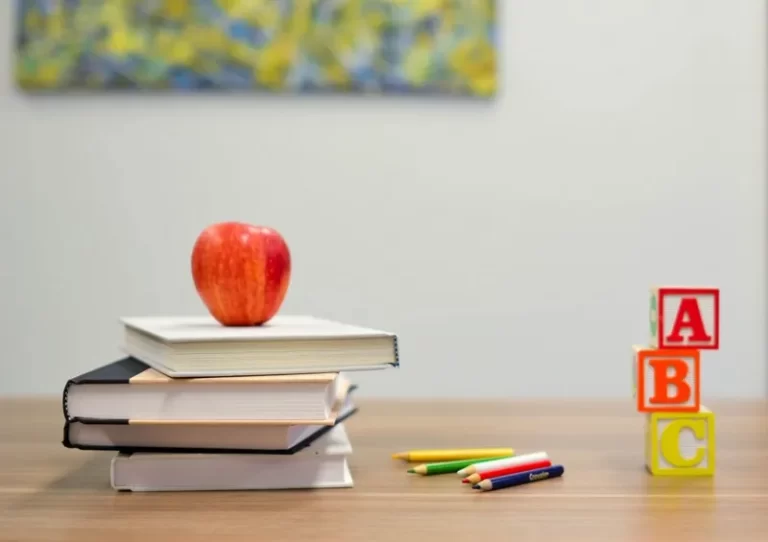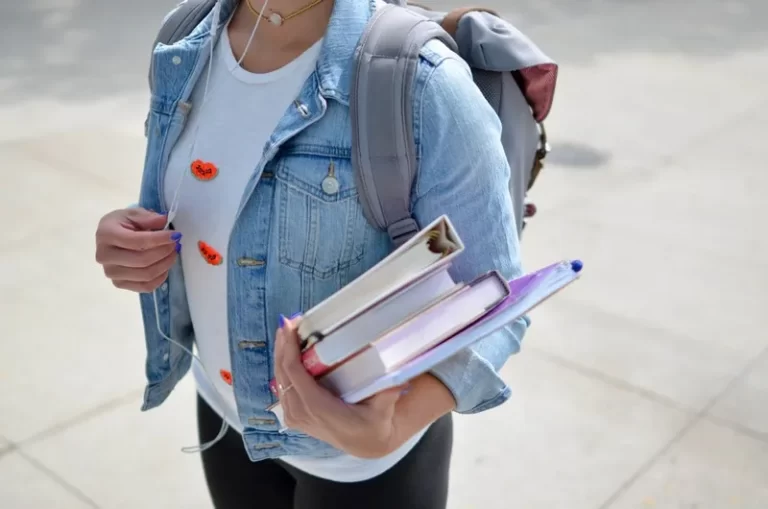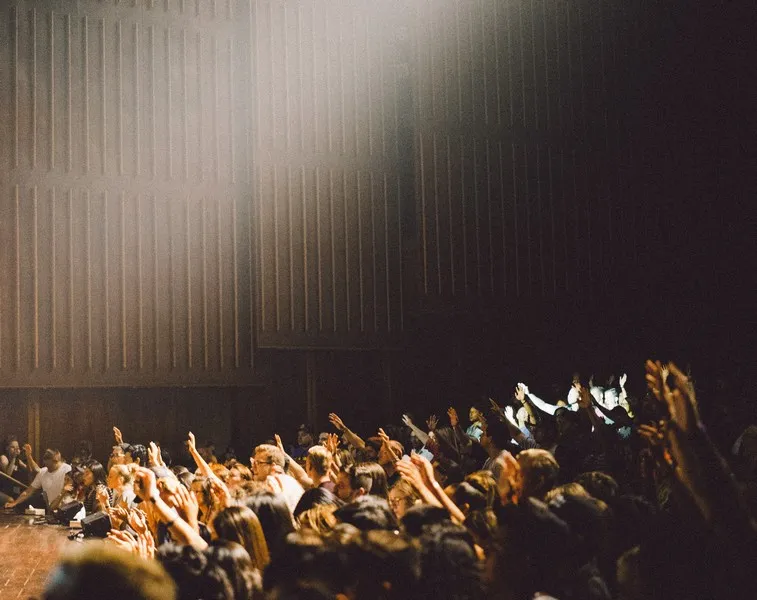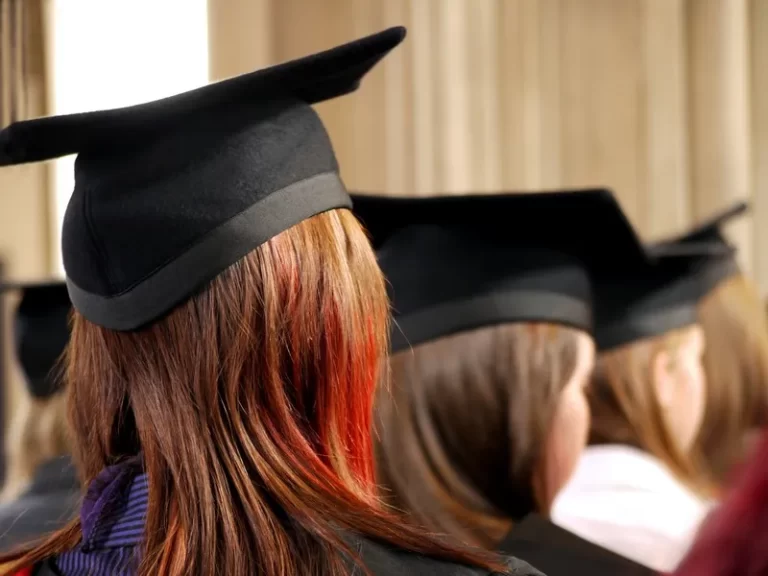
The Effects of the Commodification of Students
The commodification of students refers to the process in which education becomes a marketable commodity, treating students as consumers rather than individuals seeking knowledge. This blog post outlines and explains the effects of the commodification of students, including the marketization of education, increased competition and pressure, standardization of education, increased inequality, and a shift in educational priorities. Recognizing and addressing these effects is crucial for fostering a more equitable and holistic approach to education.
